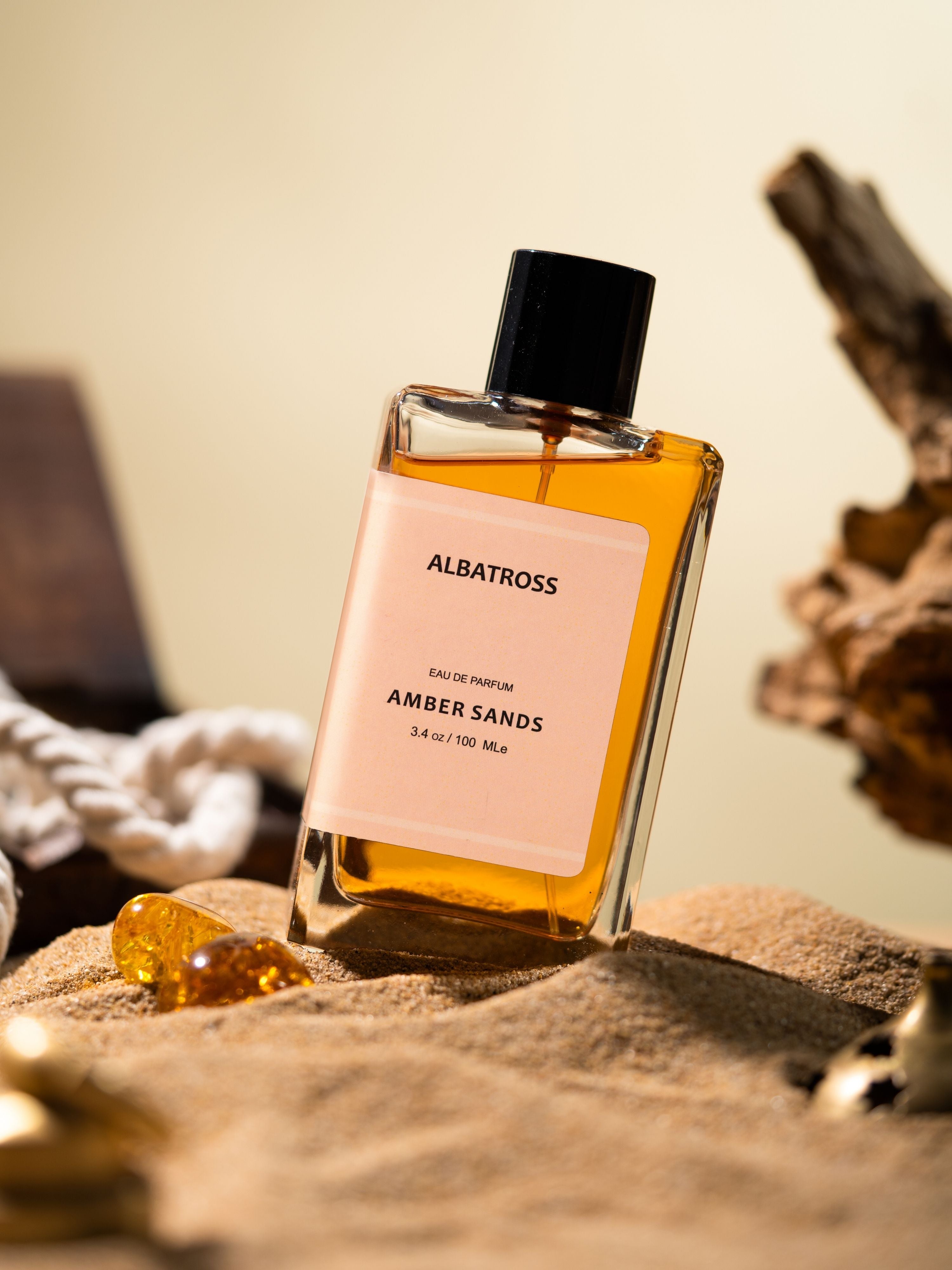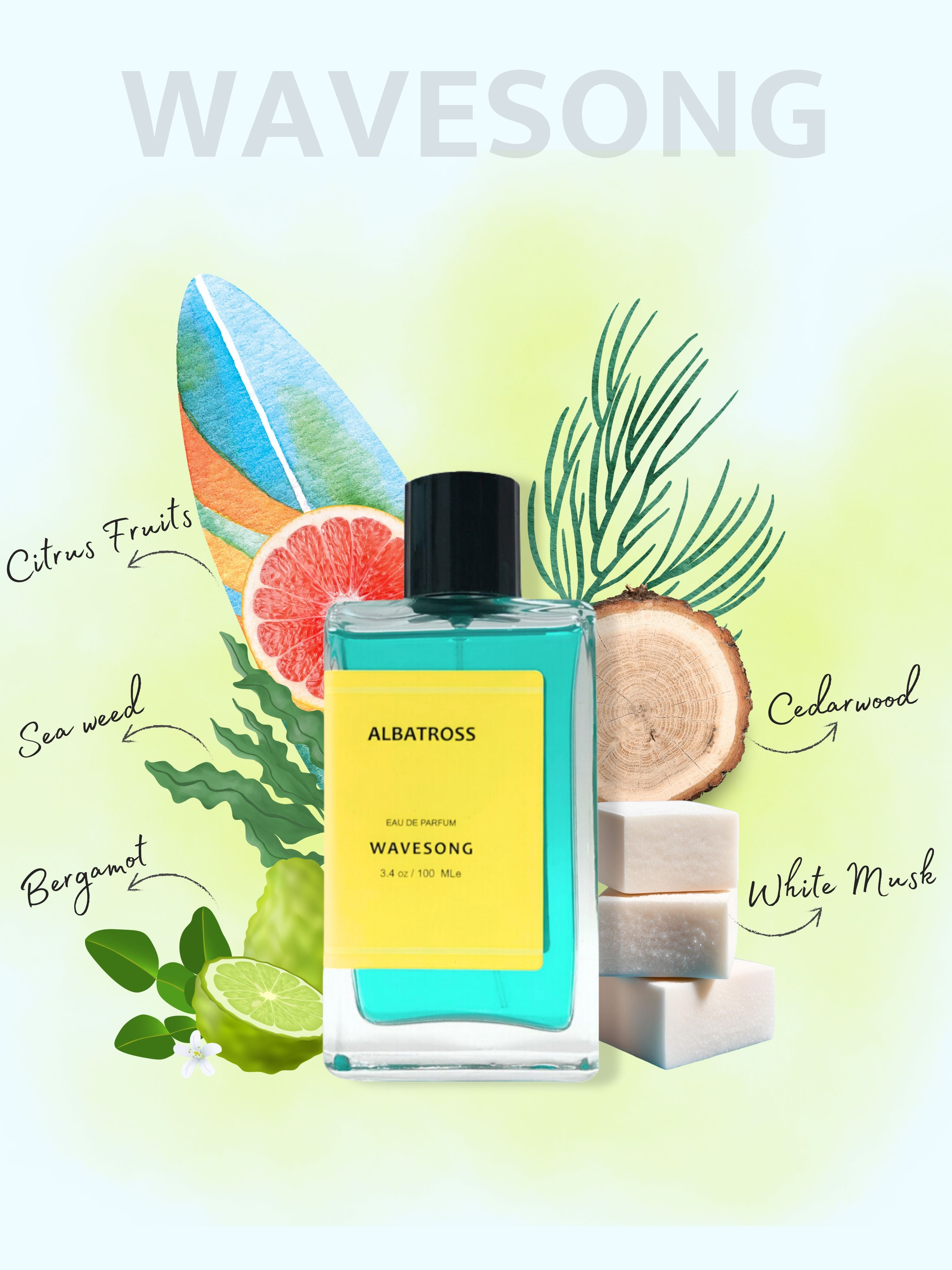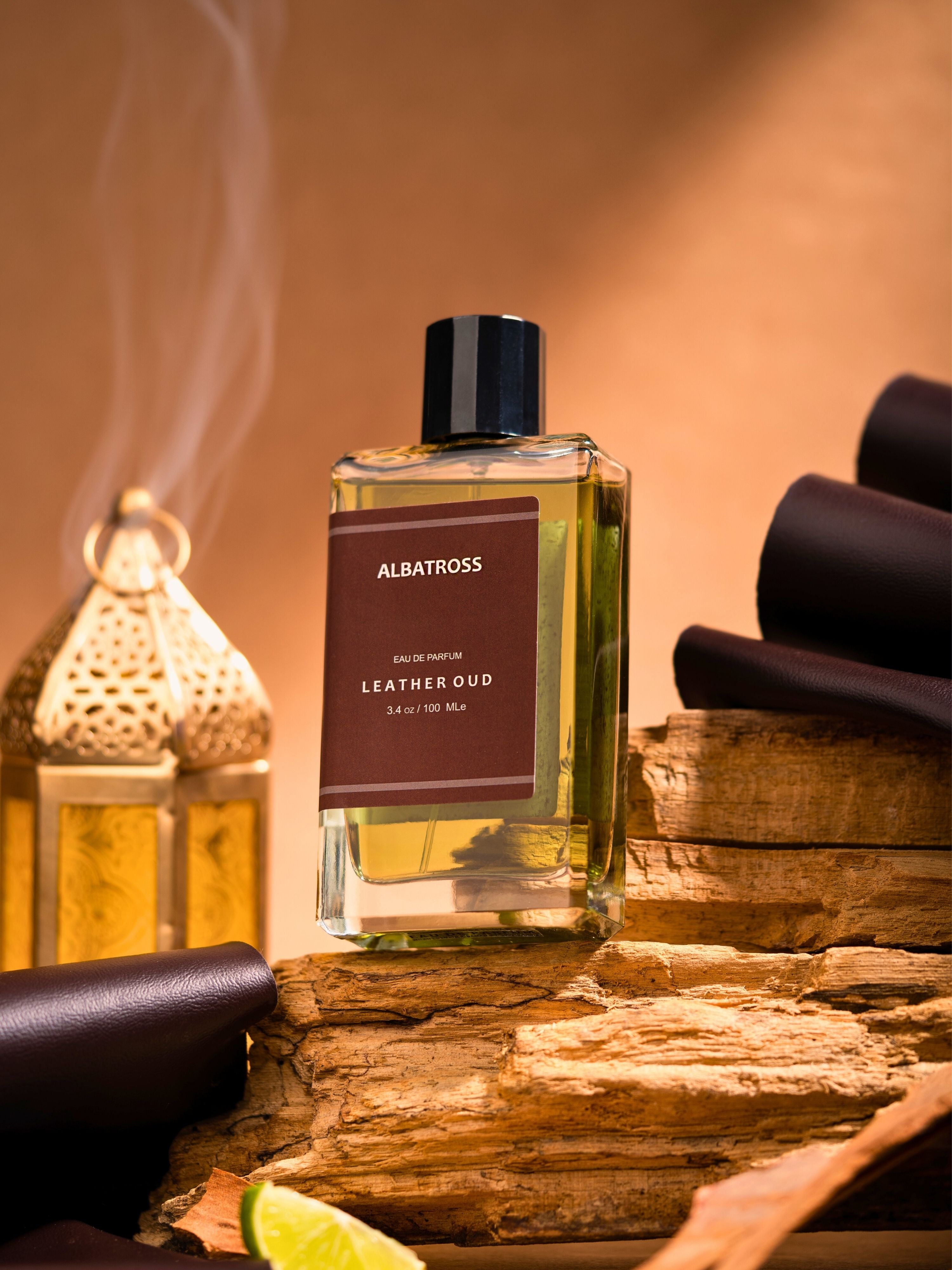Why Perfume Smells Different on Everyone: The Hidden Chemistry of Scent
Have you ever tried a perfume that smelled amazing on a friend but turned out completely different on you? You're not alone. One of the biggest mysteries in the world of fragrance is how a single scent can shift so dramatically from person to person.
Let’s break down the science and secrets behind why perfume smells different on everyone—and how to choose a fragrance that truly suits you.
The Role of Body Chemistry
Every individual has a unique skin chemistry made up of hormones, pH levels, diet, and even medication. When perfume comes in contact with your skin, it mixes with your natural oils and moisture, creating a customized version of the scent.
-
Skin pH Levels: People with more acidic or alkaline skin will experience different scent notes being enhanced or dulled.
-
Oiliness vs. Dryness: Oily skin tends to hold fragrance longer and brings out deeper base notes, while dry skin may cause a fragrance to fade quickly or smell sharper.
Fragrance Notes React Differently
Perfumes are made up of three layers of notes—top, middle, and base. These notes evolve over time and react to your skin chemistry in unique ways.
-
Top Notes (first impression): These can disappear quickly if your skin absorbs them faster than usual.
-
Middle Notes (heart): Often the most consistent layer across wearers.
-
Base Notes (lasting impression): This is where chemistry plays the biggest role. Musk, amber, and woody notes can smell very different depending on your body’s natural scent.
Your Environment Plays a Role Too
The climate and location where you wear a fragrance can also alter how it smells.
-
Hot climates intensify perfume, especially spicy and sweet notes.
-
Cold weather can mute a fragrance, making fresh or floral scents seem faint.
-
Humidity amplifies fragrance projection (sillage), while dry air may make it vanish quickly.
Fragrance Interference from Skincare and Diet
Your perfume doesn’t exist in a vacuum—it can mix with the scent of your skincare products or even be influenced by what you eat.
-
Lotions & Deodorants: Fragranced body products can clash with your perfume or overpower certain notes.
-
Diet: Spicy foods, garlic, or a high-fat diet can affect how your skin smells and, therefore, how your fragrance reacts with it.
How to Find the Right Perfume for You
Now that you know why fragrances behave differently on each person, here’s how to find one that truly matches your chemistry:
✅ Test on Skin, Not Paper
Always test perfume on your wrist or inner elbow and wear it for a few hours. The dry down (final scent) is what matters most.
✅ Try Before You Buy
Get samples or discovery sets and wear them multiple times in different environments before committing.
✅ Stick to What Works
Once you find a note or family that works with your chemistry—whether it’s citrus, amber, or florals—explore variations within that range.
Conclusion
Perfume is deeply personal. The way a fragrance evolves on your skin tells a story that’s entirely unique to you. Understanding your own chemistry gives you the power to select perfumes that not only smell great but also feel like an extension of your identity.
So next time you try on a new scent, remember: it’s not just about what’s in the bottle—it’s about the magic that happens when it meets you.


















